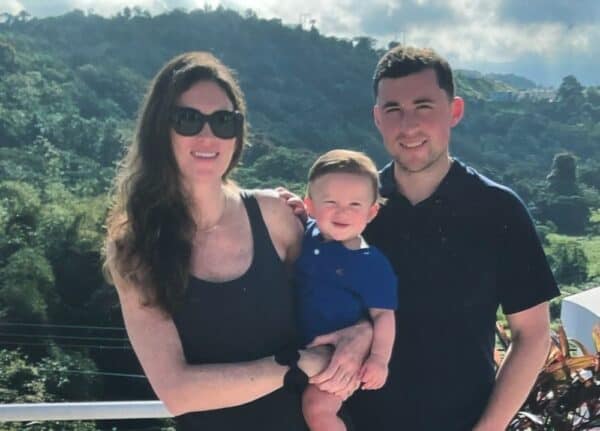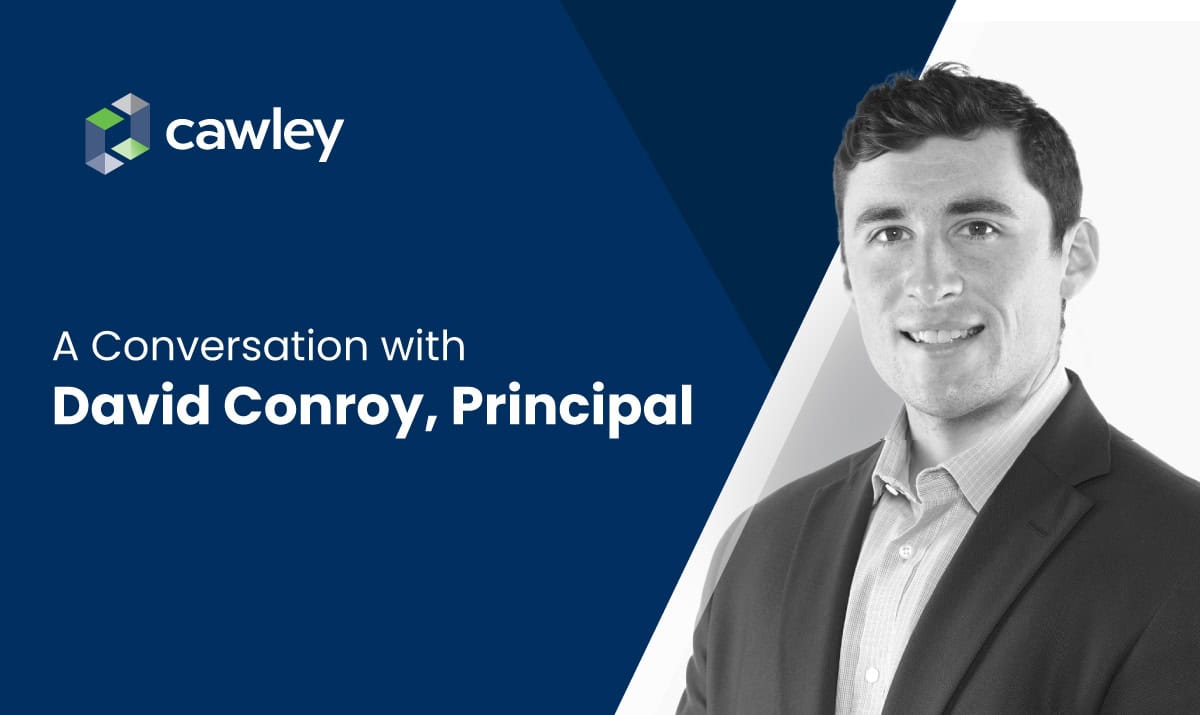What was your first deal like?
It was the first deal I technically got paid on, but there wasn’t a transaction.
It was a guy whose door I had knocked on during my first 30 days. We went through the whole process, found the facility, but they got cold feet on opening it. He ended up paying us a $2,000 consulting fee for our time, which a few months into the business, was nice of him to do!
Can you tell me about a deal that really stands out to you?
My first deal with my (now) oldest client.
I learned a lot from him about how it’s not just real estate that’s important, but also utility, transportation and labor cost. He has a complex cost structure on his plants and we’re working through a couple more deals with him right now. I was lucky that it dawned on me early that for a lot of these companies, the real estate cost is only a small part of the equation and setting up showings isn’t really all that valuable, but helping them understand the cost structure and how locations can really effect their P&L on multiple different line items adds a tremendous value.
How do you stay updated on the latest trends and market conditions in the industry?
For micro local market knowledge, the best way to get information is by talking to other brokers and owners and seeing the lease comps and details on their deals.
For macro trends, I like to read all the real estate journals. Outside of that, for subjects like geopolitics, I like Zeihan on Geopolitics. He’s written a couple books that are important about industrial costs across the United States and world, explaining why structures such as supply chains are changing. He was about 5 to10 years ahead of the whole concept of reshoring.
What is your process for building and maintaining client relationships?
Maintaining the existing ones is simply about staying in front of the clients and thinking about their business. When things pop up related to a third-party logistics company, a manufacturing company, or an institutional owner — that gives me an excuse to check in.
For newer relationships it’s a little different. Institutional owners who like to hear from brokers. So, it’s easier to grab those guys, pick their brain, and give them some information on an available building inside their portfolio.
With tenants in the market, I think it’s just cold outreach and consistently sending information to them that’s valuable and trying to help in other aspects of their business unrelated to real estate if you can.
What’s most exciting about the industry, the market, or the location you serve?
Growth. Companies looking to figure out their next location or what that cost structure might be. Helping business owners through these types of questions is the most rewarding aspect of the business.
Now, having been in the industry for 11 years, I’m really starting to see that first wave of growth in clients I’ve had for a long time.
In our industry, you get to know other brokers because you work deals on both sides. Even though it’s a competition, there are people to bounce ideas off — to learn what’s going on in the market. I think that’s unique compared to a lot of other industries.
Industrial real estate in the Chicago market is unique. We have a lot of logistical advantages with rail hubs, air hubs, highway transportation, and even the largest inland port in the country. Plus, there’s our central location.
It’s also an interesting market in the sense that we have a great variety of businesses that need different transportation modes. For instance, in a lot of smaller markets, there may not be a significant railyard, so rail isn’t a part of the transportation or building infrastructure in those markets.
What was your start in the industry like?
In college, I was looking to get into a brokerage role. I was interested in real estate, and a brokerage firm seemed like a good way to learn a little bit of everything because you must know financing, underwriting, leasing, and property management. I was calling around different firms, but we were coming out of the great financial recession and a lot of people weren’t hiring yet. In the end, I connected with Tim Gallagher, who ended up being my partner and mentor in the business. We really hit it off and he hired me.
What drew you to the commercial real estate industry?
I was always interested in real estate. I had different real estate books I’d read on the side in high school and college. Even though I never majored in it, I always thought construction and buildings were interesting. It was something that I kept coming back to as I was trying to figure out what I wanted to do, so it felt like the right career path.
What would you say has changed the most since you got your start?
A lot. What’s changed the most is the pace of rents. Since COVID, we’ve had strong, robust rent growth and lower concessions. Free rent and tenant improvement dollars went down; escalations and net rents went up. So, it became a really favorable landlord market in a short period of time.
Over the last three to six months, I think it’s equalized back to where it was in 2018-2019, and we have a more balanced market in Chicago. Things in the Chicago market changed slowly during the first seven years of my career. Rents, concessions, underwriting didn’t change a whole lot.
I now realize that there are certain periods in the market where change can happen very quickly. If you can’t stay on top of it, you get behind really quickly.
What advice would you give someone looking to get their start in commercial real estate?
I think one of the things that worked out for me was partnering with Tim when we were a much smaller firm. I got to learn a lot because it was kind of baptism by fire!
At the beginning of your career, I think it’s important to get exposure to the different facets of the industry and see where your skills line up. Whether you decide you want to get into the debt markets, equity advising, investments on the principal side, sales or asset management, it’s about finding what is really your forte.
Is there a specific time when you had to adapt your thinking because of something happening in the market?
Yes – interest rates. For the first decade of my career, through 2022, interest rates were relatively flat. The new interest rates had a big impact on underwriting and values. We saw how quickly those went up and the problems that certain over-leveraged groups faced.
Going through this last interest rate hike cycle really cemented the importance of rate changes.
I’ve spent a lot more time tracking and paying attention to former Federal Reserve Chairs and board members because they have a huge impact on our economy. I like former Fed members because once they leave, they’re a lot freer with what they say because they’re not moving markets or making decisions on policy anymore. The handcuffs come off, so they’ll put their editorial spin on where they think the markets are going or quote other data sources outside of “official” federal data, but they have really good knowledge of what’s likely going on in those meetings.
Outside of work, what do you do to recharge?
My wife and I like to travel a lot. We’ve taken a little bit of a pause recently, because we’ve got a one-year-old and another baby due in July.

I like to ski. It’s a great way to recharge for me, spending three or four days in the mountains, where it’s easier to disconnec
t from my phone and computer. Ski après after lots of laps on a sunny mountain day is really hard to beat.
Is there anything about where or how you grew up that influences your approach?
I grew up in Norwood Park on the Northwest Side of the city in a residential area where there weren’t a lot of industrial buildings or office buildings in the immediate area. It was a retail and residential neighborhood.
It made industrial a little more interesting because it was something I was unfamiliar with, even though there’s a lot of it in Chicago. I knew a lot of people whose parents worked at industrial buildings, but I had never personally experienced or seen it. My neighborhood I grew up in is what a lot of my clients would view as a great place to locate near their labor source. I think understanding what that type of neighborhood looks like gives me an instinctual advantage as I’m driving around and see other similar types of neighborhoods near industrial parks and then I can verify with BLS data later.



